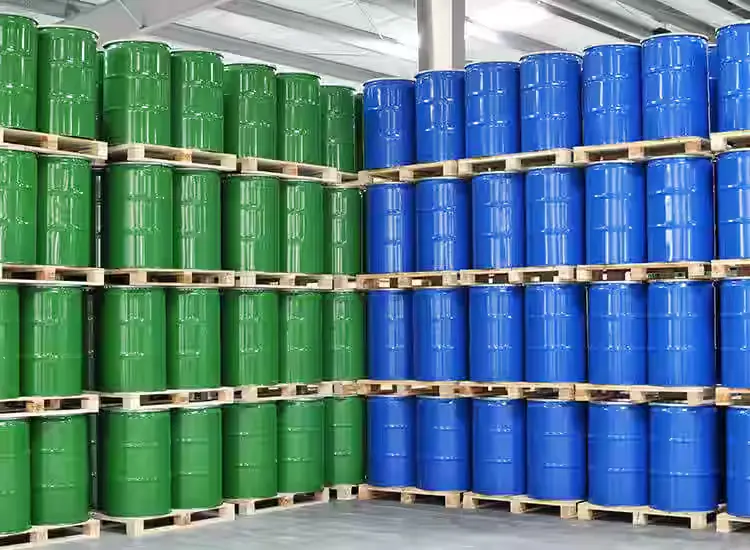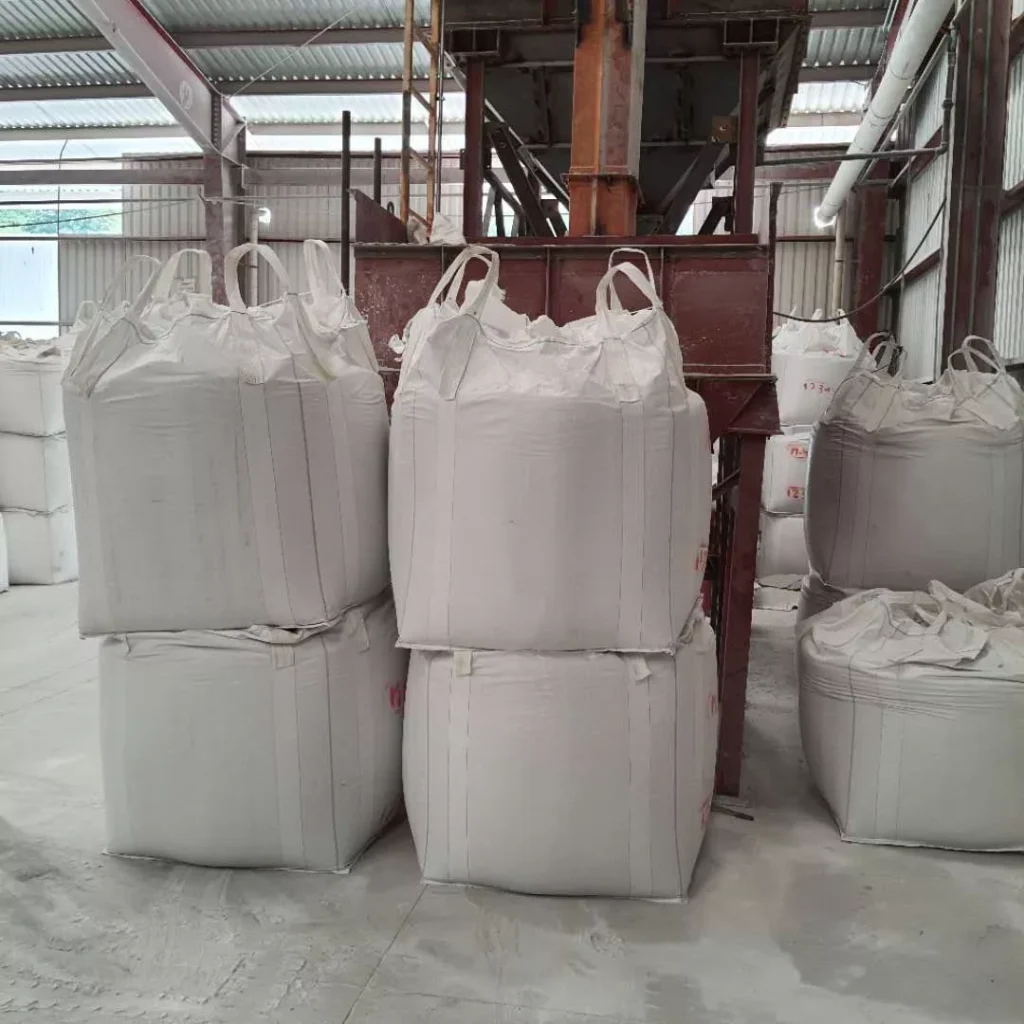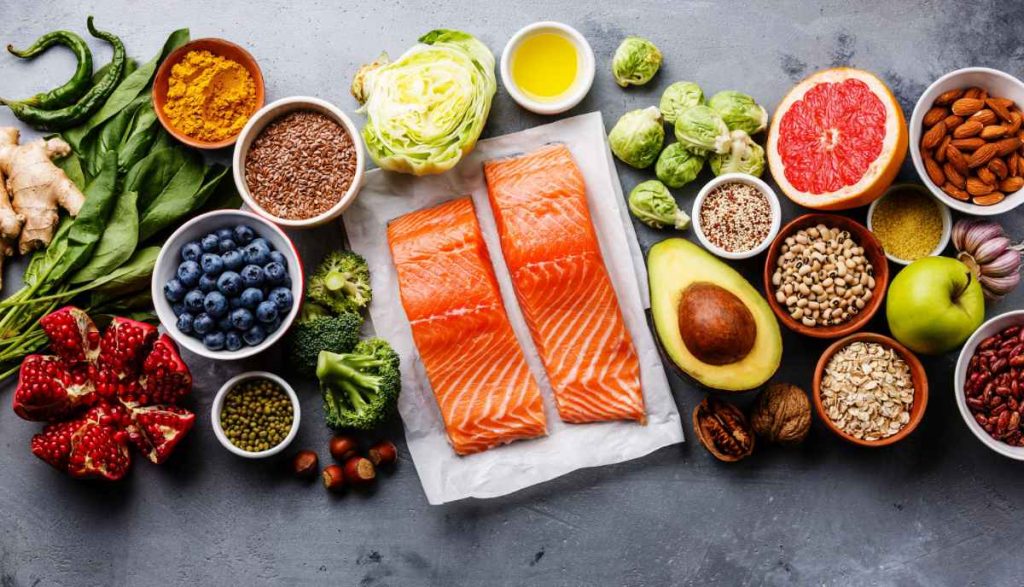Fertilizers &
Food Products
Fertilizers
Choosing the Best Fertilizer for Your Needs
Most farmers and gardeners agree on the benefits of fertilizer, but if you search for what fertilizer to buy, you’ll receive an overwhelming hoard of recommended brands and products. With tons of fertilizer options available, it can be hard to make a choice. That’s why we’ve taken our agricultural expertise and narrowed it down for your easy understanding. Read more below for our sound advice on fertilizing your garden and watch your vegetables grow!
Both granular and liquid fertilizers can be organic or synthetic. While one is not necessarily better than the other, they each have their own set of advantages. Choosing the right type depends on your specific needs or preferences.
Granular fertilizer is a dry form of fertilizer that comes in granules or small particles. You may see granular fertilizers formed by tiny pellets or coarse powder. They typically are slow-release forms of fertilizer, breaking down over time in the soil and providing nutrients to your plants for months.
Liquid fertilizer is a liquid substance that can be applied on the soil or by spraying the leaves. Foliar spraying is fast-acting as the leaves absorb the nutrients right away. It dissolves quickly. You’ll need to re-apply more frequently than granular fertilizer.


Food Additives

Food additives are used often and everywhere. Before you buy food supplements in bulk, we advise you to thoroughly understand what each of their groups is, what this or that position may be needed for and what the specifics of use are characterized by.
Food additives we offer:
– dyes (E100-E199);
– preservatives (E200-E299);
– antioxidants or antioxidants (E300-E399);
– stabilizers that preserve the thickness of food (E400-E499);
– emulsifiers, baking powders, anti-caking agents, pH adjusters (E500-E599);
– fragrances and flavor enhancers (E600-E699);
– antibiotics (E700-E799);
– reserve units (E800-E899);
– waxes, glazing and foaming agents, foaming agents, sweeteners, packaging gases and ingredients for improving flour culinary products (E900-E 999);
– additional substances, such as biocatalysts, enzymes, modified starches, solvents (E1000-E1999).
Dyes (E100-E199)
Sources of dyes of natural origin are various plant (roots, berries, fruits, leaves, flowers) and animal raw materials. They are obtained by physical influence on these materials. Natural additives (carotenoids, lycopene, flavonoids, carmine, sugar color, etc.) contain bioactive and flavoring components that have a positive effect on the appearance of food.
Preservatives (E200-E299)
Preservatives have been used in the food industry for thousands of years. Among the most popular nowadays are: ethanol, acids (ethanic, benzoic, sorbic and sulfurous), as well as formic acid (E236), potassium sorbate (E202), sodium benzoate (E211), sodium pyrosulfite (metabisulfite) (E223), urotropin (E239), sodium nitrite (E250), sodium acetate (E262). In addition, antibiotics can be used for this purpose: nisin, biomycin, nystatin.
Antioxidants
(E300-E399)
Among the antioxidants popular in the food industry: vitamin C (E300), α-, β-, γ- and δ-tocopherols (E306-E309), succinic acid (E363). Not only are they not dangerous, but they are also useful. If we talk about synthetic substances that can harm health, then these are E310-E312 and E320-E321.
Food Products
Our clients can be assured to have the best offer, both in terms of price and quality. Our company supplies food products wholesale; both to the domestic market and for export.
We sell and deliver: fruits, vegetables, meat, seafood, eggs, milk, etc. Throughout the years of operating in the market, we have established business relationships with key producers, positioning ourselves as a reliable supplier and earning ourselves a reputation as an unfailing business partner. Contact us by e-mail, and you will be convinced that our offers to buy food products in bulk with delivery at the best price!


